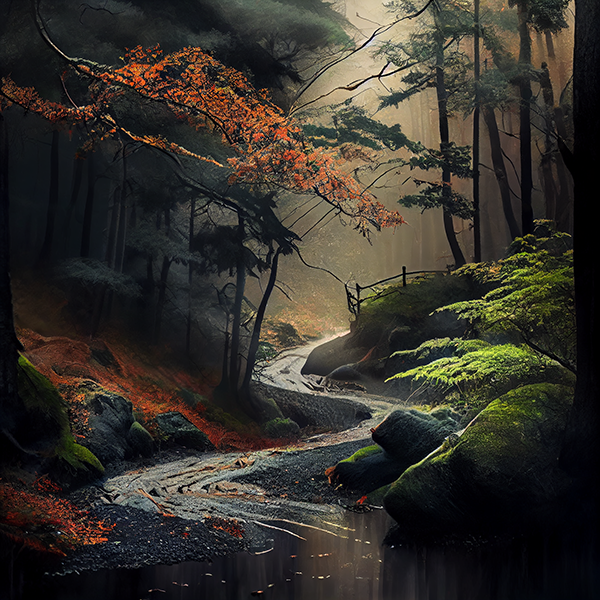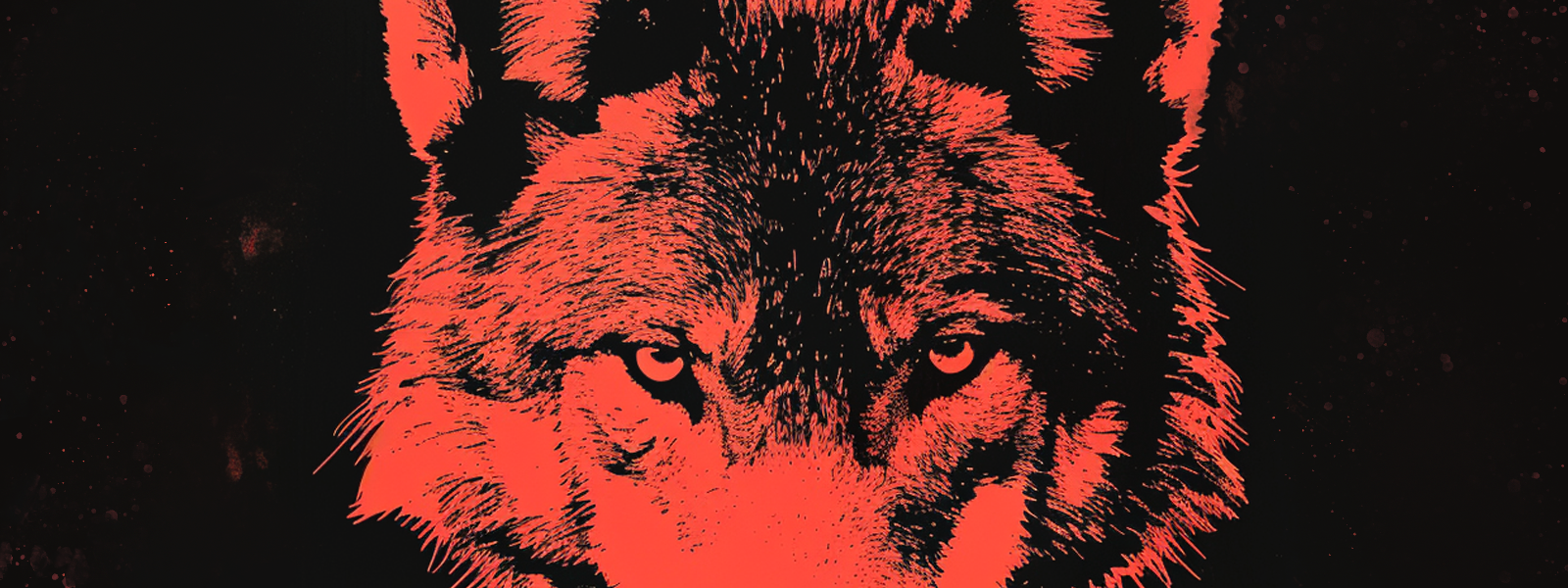Don't Aim, Don't Miss: The Paradox of Practice

In my youth I put aside my studies
And aspired to be a saint.
Living austerely as a mendicant monk,
I wandered here and there for many springs.
Finally I returned home to settle under a craggy peak.
I live peacefully in a grass hut,
Listening to the birds for music.
Clouds are my best neighbors.
Below, a pure spring where I refresh body and mind;
Above, towering pines and oaks that provide shade and brushwood.
Free, so free, day after day—
I never want to leave!
In the '70s, the San Francisco Zen Center invited a renowned Kyudo master to host a workshop at their temple. After agreeing, the months that preceded his arrival were a bustle of activity. Streamers were printed. Chants were prepared. Rehearsals were drilled to perfection. When he finally arrived, the hysterics only grew.
Elaborate decorations were set-up. Bands were assembled. Hundreds drove from all over the state to partake in this once-in-a-lifetime opportunity. As the festivities reached their peak, they at last invited the master to display his skills for the crowd.
The archer wore a white robe that fluttered in the wind. He slowly tucked his arm inside his vest and pulled it out from the center, leaving his left chest bare and ready for the draw. He then lowered a 2 meter bow and twirled it opposite him. The arrow stood perpendicular to his heart. His gaze stony. Then he notched it, drew, and wooooft. 5 meters clear of the target.
The crowd was shocked. The MC just looked on aghast. And then the master let out a roar of laughter. "No aim, no miss," he added to applause and chuckles.
A few moments before, this master flown in from Japan was a big disappointment. Then, suddenly, he became a wry sage, his arrow piercing two targets: the empty stretch of earth and the expectations of spectators.
When I think of Ryokan's life and work, this story often comes to mind. Don't aim, don't miss. This might seem like madness. But if I don't aim, I won't do anything! And then I'll just be lazy and useless. Or worse. I might end up a hopeless drunk, squandering my time and money downing bottle after bottle. There's a kernel of truth there, but it's also buried in a shell of delusion.
At the poems outset, Ryokan rejects the don't aim, don't miss philosophy. He strove to become a "saint," lived austerely, wandered from place to place, meditated, chanted, studied the scriptures. His story follows the familiar arch of many other Zen greats: Dogen, Hakuin, Ikkyu. They worked hard for their freedom. This is aiming and hitting the target.
Aiming and hitting the target demands dedication, sacrifice, patience, intelligence, and obsession. Zen training is not easy. I've lived it. In Tofuku-ji, where I sometimes practices, there was a 3.30AM wake-up time. Monks had less than a minute from the time the bell was struck to roll-up and properly put their futons away, slip on their robes, and stand at attention for the inspection by the head monk. Anyone late would be beaten. No sick notes. No, "sorry, but I've had a rough few days." Your either on time or wack! It's brutal and exacting, just like the other 23 hours and 59 minutes in a train monastery.
At Tofuku-ji, there was almost no heating throughout the winter and most certainly not during meditation sessions. Instead, they threw open the windows and doors, even as snow blew into the hall and onto our exposed heads. Days passed with grueling manual labor, chanting, and meditation. In the words of Ryokan, his own teacher's training was "pulling boulders and carrying soil." Interspersed in this daily grind were long meditation retreats where monks often meditated for 14+ hours a day. It's a hard life.
The exact details of Ryokan's monastic training will likely remain forever a mystery, but we do know that he spent around 16 years in Zen training temples. 4 at a local temple, Kosho-ji. The other 12 at Kentsu-ji under his main teacher, Kokusen.
At the age of 32, he got his nifty enlightenment certificate, or Inka. The following year, his teacher died and he spent the next five years wandering around. I suspect that during this time he was deepening his own realization. There are two reasons why I think this. First, his teacher died shortly after giving Ryokan Inka. It could be pure coincidence that he passed away shortly after or it could be that Kokusen knew his health was deteriorating and his years few. He wanted to ensure that he had someone to continue the tradition in his absence and Inka is an important document to allow for that to happen. Ryokan might not have reached the end of his path, but was at least far enough along to justify the nod.
Second, in Thailand, China, and Japan, once monks start to really wake up, it's common for them to travel, visit various teachers, and challenge themselves through austerities to see how unshakeable their minds truly are. My own teacher, Ajahn Sudhiro, spent about 12 years meditating in a cave on the Thai-Laos border under the supervision of his own teacher. After he started to really wake up, he was told by his teacher to cast off everything and wander for a few years. He covered thousands of kilometers during his tours, venturing into Cambodia, Burma, and northern Laos. Eventually, he settled down at his nearby village, established a temple, and that's where he's been ever since.
It'll never be known for sure what drove Ryokan to wander for all those years and what within him told him it was time to settle down, but when he finally did, it was as a man who had nothing.
All those years of hard work ground away his ambitions, his craving to be someone special and to feel something special. He gave up, in short, his aiming-missing mind. By giving up all of that, he gained a peaceful life in a grass hut, the birds for music, clouds as neighbors, a pure spring to refresh himself, and towering pines and oaks.
Although this might seem like he's luxuriating in his ideal surroundings, contrast it to the first half of the poem where he focuses on his efforts and makes almost no mention of the concrete world around him. Did he have pines around him? Certainly. Were there baths? Yes. Was there the beauty of the dawn or bird song? Yes. Yet none of that got a peep because those twenty years weren't a period of enjoyment, although certainly otherworldly serenity oft perfumed his days. They were a period of work, of aiming and hitting the target, of training the mind.
But it's now, after all those years of work, that he can truly enjoy his life as it is without the pressure to become a saint, get enlightened, attain some heightened state, let go of this, develop that, and all the little drama that accompanies the contemplative lives of hardcore practitioners. The pines outside his window are just the pines outside his window. They're not empty. He doesn't need to be more mindful of them or less attached to them or contemplate their nature. They just are there. That's enough.
In the spirit of his contenment with what is, the second part of the poem could just as easily be rewritten like this:
Finally I returned home to settle in a noisy condo.
I live peacefully in a single room,
Listening to the neighbor's gossip and bickering for music.
Skyscrapers are my neighbors.
Below, a parking lot where I come and go as I please;
Above, a rooftop view of the city.
Free, so free, day after day—
I never want to leave!
If I were him, I'd probably choose his hermitage in the mountains, but that's unimportant. What he's highlighting here is the unabashed joy and contentment that is his life. Abandoning all aiming, everything is as it should be.
The poem captures the paradox of practice. On the one hand, it's completely unnecessary. The whole point is to give everything up, so why bother working so hard? Isn't that just replacing one set of cravings for another one?
On the other hand, if we don't do practice, we'll likely just end up more confused and enslaved by craving than we already are. So we practice. And if Ryokan's life is to be any example, we practice very hard.
The result of this paradox, however, bears fruit in the very life he describes: one of contentment, wonder, and intimacy with the world. Below, a spring. Above, towering pines. Around him, clouds and birds. All are perfect, just as they are, just as the arrow lodged in the earth 5 meters clear of it's target. There's no need for him to curse the birds for their songs, nor to flee to some deep state where he need not deal with the messiness of life. Instead, abandoning all aims, he finds wherever he is right on target.
